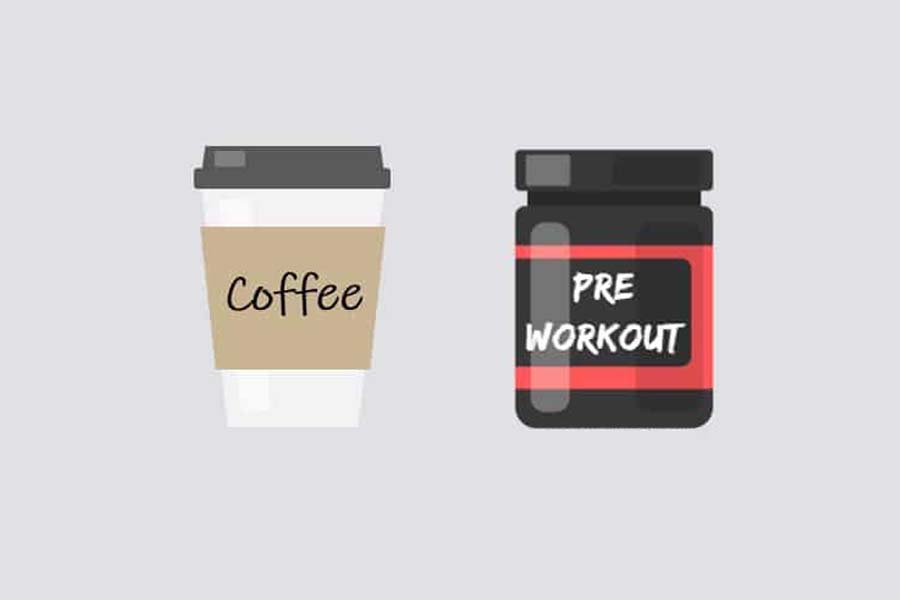The Harmful Impact of Processed Foods: Why You Should Choose Organic Whole Foods

In today’s fast-paced world, convenience often trumps nutrition, leading most people to rely on processed foods. While they might be quick and easy, processed foods are far from healthy. Here’s why…
What Are Processed Foods?
Processed foods are any foods that have been altered from their natural state for convenience, taste, or shelf life. This can include anything from canned soups and frozen dinners to sugary snacks and sodas. These foods are often packed with unhealthy additives like preservatives, artificial flavors, and colors, making them more appealing and longer-lasting but less nutritious. Basically, 90% of products that are in a sealed bag or container.
What Do Processed Foods Contain?
Two common ingredients in processed foods are seed oils and pesticides. Seed oils, such as canola, soybean, and sunflower oil, are highly processed and often contain unhealthy trans fats. These fats can contribute to inflammation, heart disease, and other chronic health conditions. Pesticides, used to protect crops from pests, can linger in processed foods, posing potential risks to your health, including hormone disruption and increased cancer risk.
Processed foods are also high in added sugars, unhealthy fats, and sodium, which can lead to a range of health issues such as obesity, diabetes, high blood pressure, and heart disease.
The Difference Between Organic Whole Foods and Processed Foods
Organic whole foods are the opposite of processed foods. These are foods in their most natural state, free from artificial additives, preservatives, and pesticides. Organic foods are grown without synthetic pesticides or fertilizers, making them a cleaner, safer choice for your body. They are NEVER tampered with or altered.
Whole foods, such as fresh fruits, vegetables, whole grains, nuts, and seeds, provide essential nutrients that your body needs to function optimally. They are rich in vitamins, minerals, antioxidants, and fiber, which support your immune system, digestive health, and overall well-being.
Negative Effects of Processed Foods on the Body
The negative effects of a diet high in processed foods are well-documented. Regular consumption can lead to weight gain, insulin resistance, and an increased risk of chronic diseases like heart disease and type 2 diabetes. The lack of nutrients in processed foods can also weaken your immune system, making you more susceptible to illness.
Furthermore, the additives and preservatives found in processed foods can cause digestive issues, disrupt your gut health, and even lead to mood swings and fatigue.
Positive Effects of Eating Organic Whole Foods
Switching to a diet rich in organic whole foods can have a profound impact on your health. Organic foods are free from harmful pesticides and chemicals, reducing your exposure to toxins. They are also more nutrient-dense, providing your body with the vitamins, minerals, and antioxidants it needs to thrive.
Eating organic whole foods can improve your energy levels, support weight management, enhance your immune system, and reduce your risk of chronic diseases. Plus, the fiber in whole foods promotes healthy digestion and helps you feel fuller for longer, reducing the likelihood of overeating.
Conclusion
While processed foods might be convenient, they come with a host of health risks. Opting for organic whole foods is a powerful step towards better health, providing your body with the nutrients it needs while avoiding harmful chemicals and additives. Make the switch today and experience the benefits of a cleaner, healthier diet.
You Got This!
Subscribe to our newsletter and be the first to find out about new articles.






